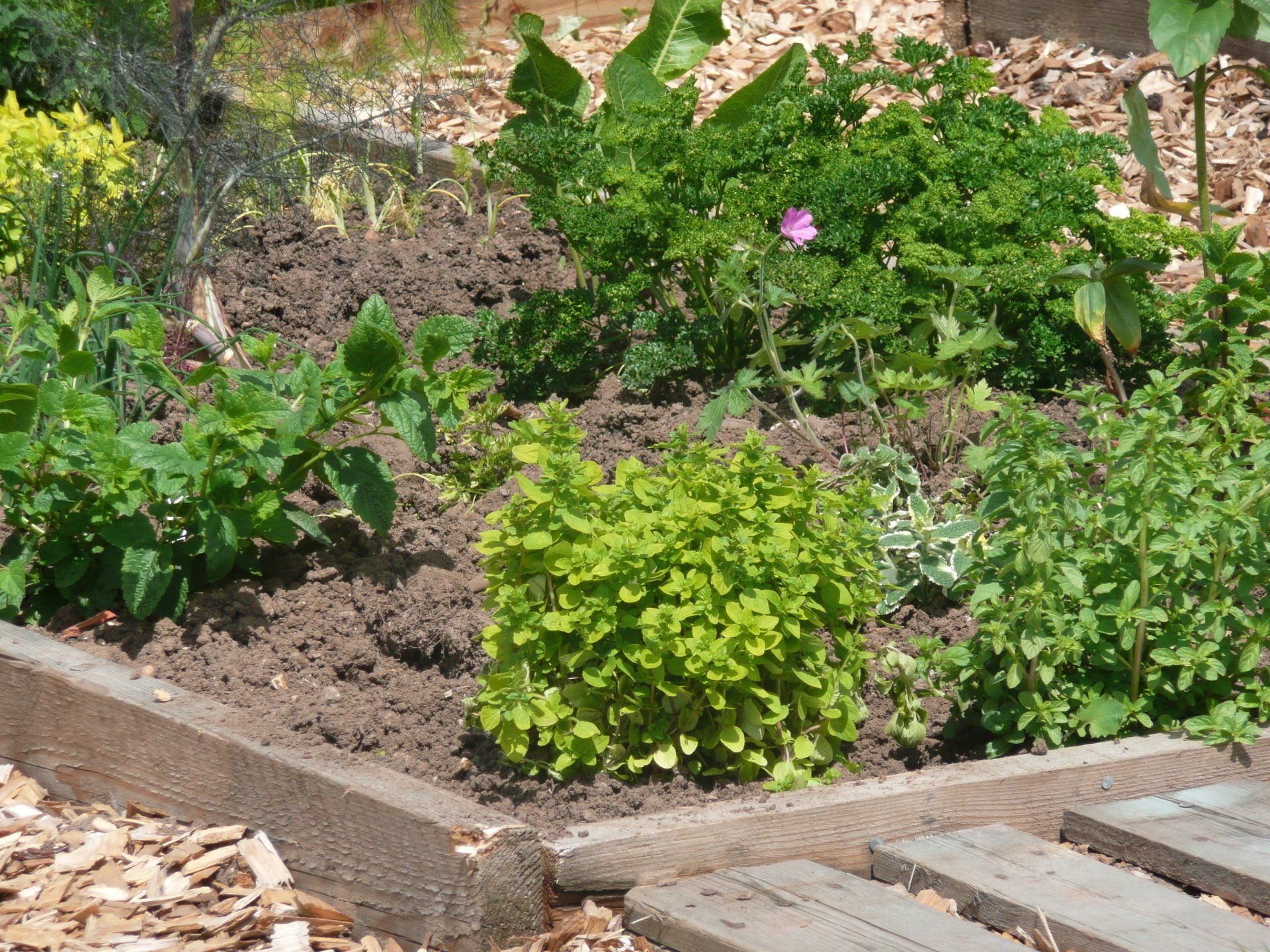Lee Maycock is a Fellow of the Craft Guild of Chefs, Founder Roots @Foxholes Garden Kitchen and Event Director of the Universal Cookery & Food Festival. He has supported Love British Food's activities for many years.

There is nothing better in life than sitting in the sun with a hard earned cup of tea looking out across your plot at everything you have grown.
This usually happens at dusk or dawn just after a mammoth weeding session or an hour long watering task.
Everything grown from organic real seeds, hand potted and started in the poly tunnel then moved outside once the warm spring whether allows. Letting them out once you feel it’s safe to do so, and not a moment before. It’s a little like watching your children grow, nurturing and helping but also letting nature takes its course, plants and vegetables like children want to grow big and strong and if given the right environment and right foundations they will succeed.
If you take care of the soil, the soil will take care of vegetables, and the vegetables will take care of you. Growing your own is very much a life lesson and we learn from it daily, weekly &
yearly, we constantly battle with nature as much as much as we work with it.
Everyone of gods great creatures seems to want to eat our home grown crops, the brassicas, the carrots, the potatoes all under constant attack non various forms. Rabbits, Pigeons, Slugs, Mice, I even had some goats eat an entire row of sweetcorn one year.
We try to protect them but sometimes natures beats us, then it’s the challenge of too much sun, or not enough sun, too hot or too cold, unexpected frosts, dry periods with days and days of no rain or days and days of constant downpours.
Once the initial challenges have passed and the vegetables are coming on nicely its time to start taking small amounts to feed the family, there is a limited time before everything catches up and you have gluts of produce you can’t eat quick enough.
The courgettes go from beautiful flowing vegetables into oversized marrows in what
feels like overnight. The beetroot tops change from delicate salad items into hardy broad leafs before your eyes, the tomatoes go from green to yellow to orange to red in a heartbeat.
Once the picking season is upon us you realise again how rewarding growing your own really is, picked, cooked and eaten within the hour is second to none. Fresh, simple, natural, real, healthy food is unbeatable. Cutting asparagus, chargrilling and serving with real butter and a little Cornish sea salt will not be beaten in the months of May & June.
Planning your plot, garden or patio correctly will give you an abundance of fruit, vegetables and herbs all year long. If you have a window box you will want a patio, then you will want a garden, then a plot, then an allotment, then a farm…!
Plan to grow what you enjoy to eat, then when the asparagus finishes, the peas start, followed by courgettes, beets, carrots, chard.
Then the colder months will produce purple sprouting, cauliflower, celeriac, Jerusalem
artichokes, pumpkin, butternut etc the list is endless, then waiting for a frost before you pick your parsnips.
Just imagine going into the garden on Christmas morning to pick your Brussels for lunch.
Picking rocket for a fresh salad or taking tomatoes of the vine on a warm summers evening will never be rivalled. Taking raspberries and blackberries off the bush and placing into a bowl of breakfast granola on a summers morning is wonderful.
Don’t forget you will grow your own better and cheaper than any supermarket, farmers market or delivery box scheme.
Once you start there is no going back, its then a matter of what to do with an abundance of raspberries, strawberries, blackberries, cherries every summer. Jams, pies, pickles, chutney
You might need a bigger freezer…
Happy Growing & Healthy Roots!
Share:
You may also be interested in...














